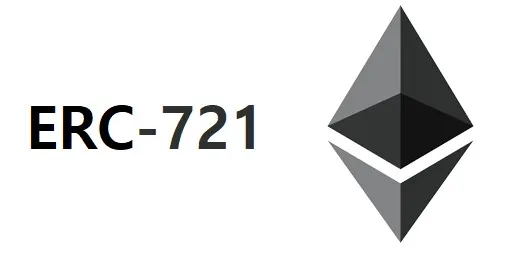Vitalik Buterin proposes using hidden addresses to hide the identity of NFT holders.
The concept was published in an Ethereum Research post dedicated to “ERC721 extension for zk-SNARK”. An extension to ERC721, the NFT standard, has been proposed by Nerolation, whose methodology is similar to Buterin’s.
Buterin spoke about the need for private tokens when he introduced the Soulbound (SBT) concept. Then he emphasized that privacy is an integral part of the good functioning of the ecosystem.
The idea to use ZK-SNARK compatible ERC721 tokens tries to solve this problem by using hidden addresses, which include a hash of the user’s address and the token ID.
Nerolation suggested using a hash tree in this question. Buterin, in reply to a Nerolation user, explained that there is a much clearer solution to the problem using simple technology. According to him, you can use regular hidden addresses without a hash tree.
Vitalik argues that a hash tree and ZK-SNARK are unnecessary since there is no way to create an “anonymity set” for ERC721. His method of using regular hidden addresses means that the data on the blockchain will show that ERC721 was sent to some address but will not reveal the actual owner of the token.
This decision comes with a cost that may make it impractical on the Ethereum network. The gas fee involved in the Buterin method may require the sender to “include enough ETH to pay the fee 5-50 times.”
However, whether this solution is simple and profitable, as Vitalik Buterin claimed, is up to the Ethereum community to decide.




